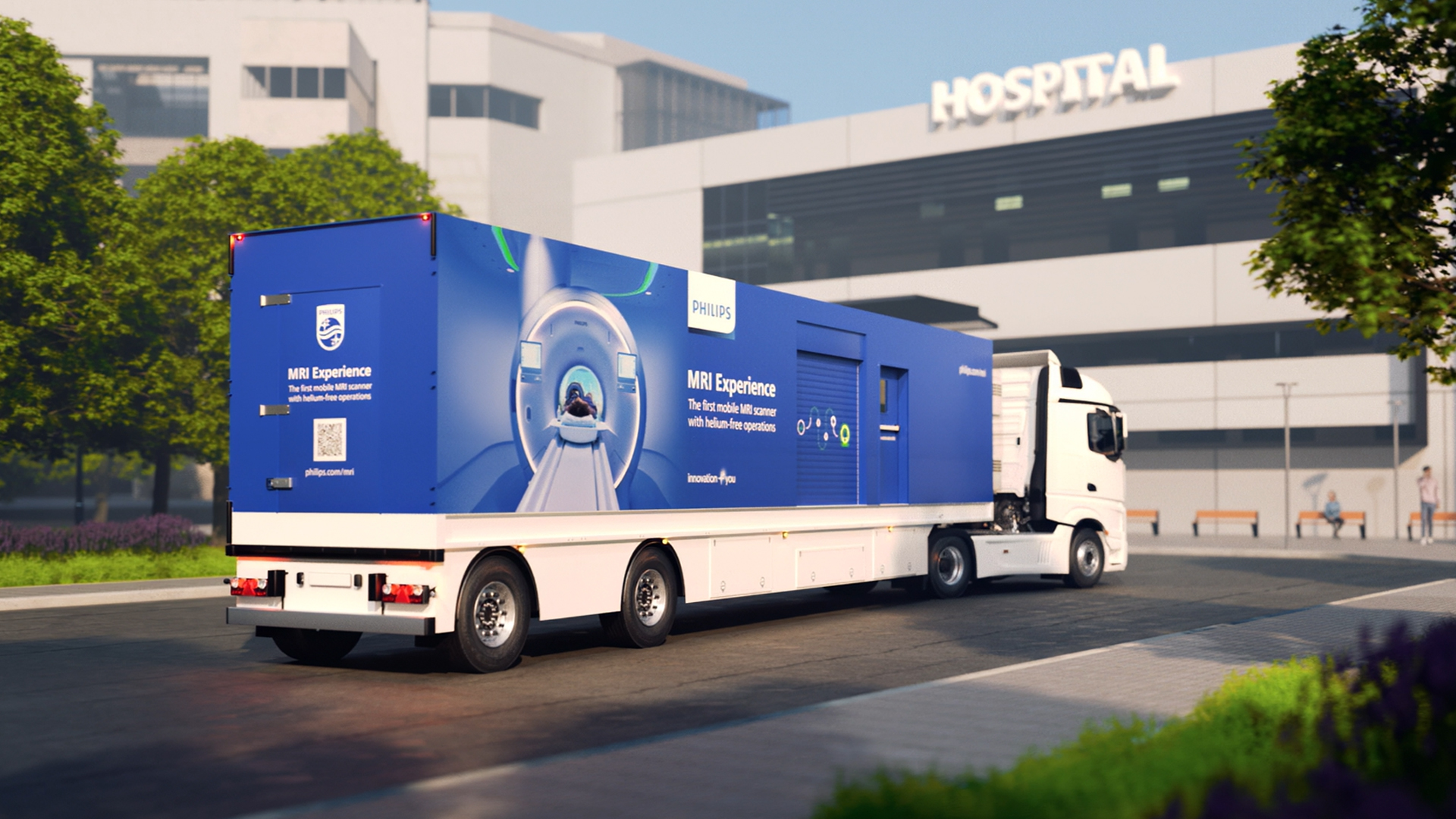As it is wont to do, Philips made several announcements at this year’s RSNA meeting, the annual radiology and medical imaging conference in Chicago.
Two of the company’s most notable pieces of news were that its new cloud-based picture archiving and communication system (PACS) is available and that its new helium-free mobile MRI system will soon be deployed.

With the Rise of AI, What IP Disputes in Healthcare Are Likely to Emerge?
Munck Wilson Mandala Partner Greg Howison shared his perspective on some of the legal ramifications around AI, IP, connected devices and the data they generate, in response to emailed questions.
Philips’ new and improved PACS, called Philips HealthSuite Imaging, is built on AWS’ cloud infrastructure. It is the cloud-based next generation of Philips’ Vue PACS. The new PACS offers new capabilities, including integrated reporting, remote access for diagnostic reading and AI tools to simplify clinical workflows.
More than 80 sites across the U.S. and Latin America have already migrated to the HealthSuite Imaging system, and other organizations are planning their move to the PACS. For instance, Tufts Medicine in Massachusetts is in the midst of transition to the new system.
“We will build an enterprise-wide integrated diagnostics platform — starting with cloud-enabled radiology PACS, while ensuring the highest standards of clinical quality and data security — as part of a strategic partnership with Philips,” Shafiq Rab, the health system’s chief digital and information officer, said in a statement.
Philips also unveiled an “AI manager,” which is an AI enablement solution that seeks to help providers adopt new applications into their radiology workflows more quickly.
The new cloud-based infrastructure makes it easier for radiologists to work from home, or really anywhere they’d like, and the AI manager is designed to help them integrate various algorithms to perform tasks with greater efficiency and accuracy, said Martijn Hartjes, Philip’s global business leader for clinical informatics, in an interview.
“With our PACS, we have tried to bring together all of our other informatics solutions to basically help improve the efficiency of radiologists. We know that with staff shortages and increasing workloads, this is a key challenge for them. They are also seeing more complex cases. Moving out PACS to the cloud provides at least more flexibility — radiologists can have access everywhere, so that’s already an efficiency gain. And then we are using automation and AI tools to further optimize the workflow,” Hartjes explained.
Plenty of radiologists and industry executives were participating in Philip’s demos of its AI tools at RSNA, and there were also a good deal of people flocking to its BlueSeal showcase. Philips says that the BlueSeal MR Mobile is the world’s first mobile MRI system with helium-free operations.
The mobile 1.5T MRI system, which is mounted in a truck, is meant to increase patients’ access to MRI scans. It was designed to fit into locations that would be convenient for patients, such as near a hospital’s main entrance or in a community meeting center in a rural area.
The mobile MRI system connects to Philips’ radiology operations command center, meaning that clinicians in the truck can connect with remote imaging experts via real-time video, audio or text-based messaging.
Traditional MRI magnets usually require nearly 400 gallons of liquid helium, but the BlueSeal magnet only needs to be pre-loaded with about two, which saves time and money, pointed out Philip Fritz, Philip’s marketing leader for MRI.
The new mobile MRI system will be hitting the road soon — Phillips said the truck will travel to 18 U.S. cities starting in April.
Photo: Philips















